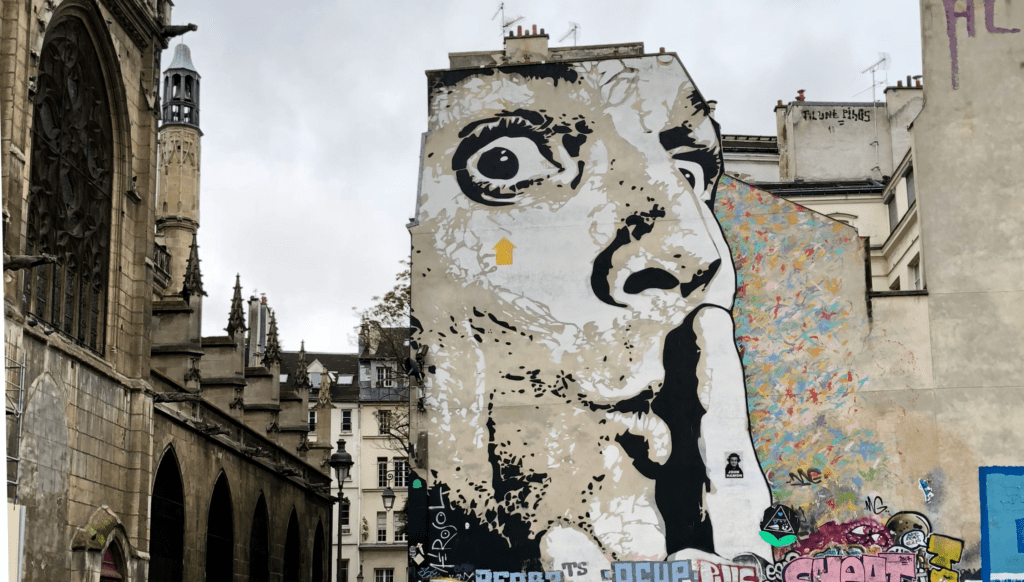
International corporations and oligarchs are bringing action against NGOs and media representatives at increasing rates, with the aim of stopping critical research. SWISSAID has been directly affected after publishing a report on the gold trade in Africa. The lawsuit is eating up time and money, but self-censorship is not an option.
Strategic lawsuits that restrict public debate, “SLAPPs” (“strategic lawsuits against public participation”), aim to thwart the publication of research into human rights violations, corruption or environmental damage. Often, even the threat of such a SLAPP has an impact, as NGOs or freelance journalists cannot afford to become embroiled in lengthy and expensive processes. The goal of the litigator is not to challenge the legal system and emerge as winners, but to put NGOs and their employees under financial and psychological pressure and, in this way, to prevent the publication of further critical studies.
In July 2020, SWISSAID was sued by the Ticinese refinery Valcambi for a study it published on the gold industry and has found itself in a legal battle for the last four years.
Delay as the aim
The study highlights the business relationships of various companies involved in the trade of gold. Using numerous pieces of evidence, witness statements and research, SWISSAID was able to reveal that Valcambi procures conflict gold in Dubai via the company Kaloti. The business practices employed by Kaloti – a company operating internationally and originating from the United Arab Emirates – are extremely controversial within the industry. For instance, Kaloti was incriminated in scandals involving illegal gold deliveries and money laundering and, as a result, was excluded from the “des bonnes pratiques” standard in Dubai. The study also showed that Kaloti was procuring problematic gold even after these scandals, possibly conflict gold from Sudan.
In September 2023, at extremely short notice, the judge called off the main hearing: The complainant had submitted a filing to the court incorrectly shortly before the hearing. Six months on, there is still no new hearing date. The delay to proceedings continues. This is typical tactic used by suing parties as it causes legal costs to skyrocket – the detriment of the financially weaker party.
Right to information
In Switzerland, many NGOs are impacted by SLAPPs: In February, Public Eye and TRIAL International were able to claim a partial victory: The Bern-Mittelland District Court dismissed a charge brought by Kolmar, a commodities trader based in Zug. However, this is just one of many lawsuits or threats of lawsuits that, owing to appeals and civil action, are far from over.
According to a survey (2022) carried out by Hilfswerk der Evangelisch-reformierten Kirche Schweiz (HEKS, Aid Organization of the Evangelical Reformed Church of Switzerland), the number of SLAPPs initiated in Switzerland has soared. Between 2000 and 2010, only two lawsuits or threats of lawsuits were registered, whilst there have been 17 from 2010 onwards. To mitigate this trend, 2023 saw the foundation of the Schweizer Allianz gegen SLAPP (Swiss Alliance Against SLAPP). The alliance is backing legislation that prevents lawsuits intended to intimidate the defendant, opens up a public discussion about SLAPPs and supports the NGOs impacted. “Politics must take action against this abuse of law. We cannot allow public debate and criticism of dubious actors to be obstructed by legal maneuvering. This type of muzzling endangers control mechanisms that are part of the proper functioning of a democracy”, explains Markus Allemann, Executive Director of SWISSAID.